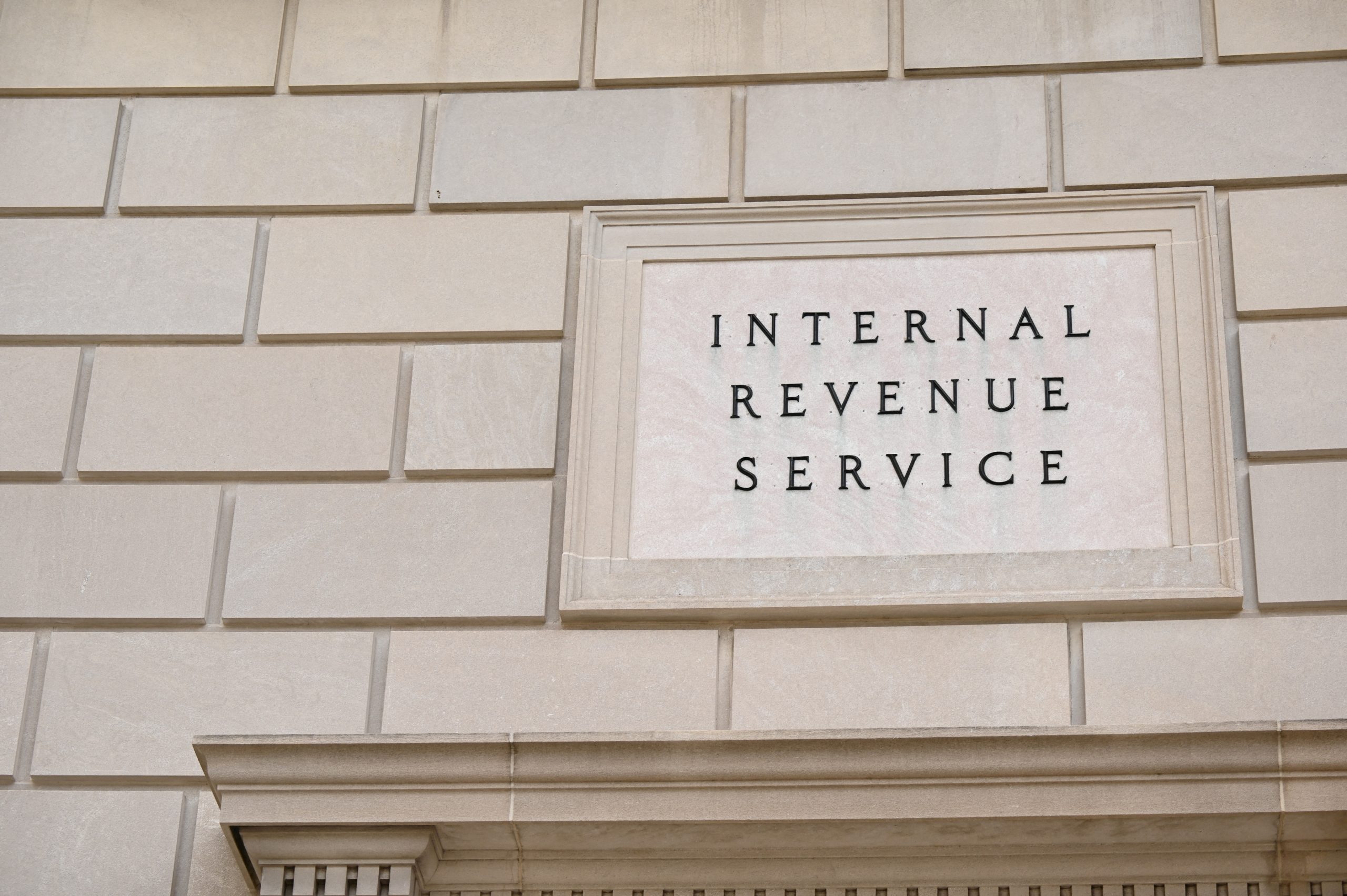
Chris Lieberman, FISM News
[elfsight_social_share_buttons id=”1″]
The IRS has allegedly removed a whistleblower’s “entire investigative team” in the agency’s Hunter Biden probe, a move that the whistleblower’s lawyers claim is an act of retaliation for their client’s testimony to Congress.
In a letter to the House Ways and Means Committee first reported by the New York Post, attorneys Mark Lytle and Tristan Leavitt wrote,
Today the Internal Revenue Service (IRS) Criminal Supervisory Special Agent we represent was informed that he and his entire investigative team are being removed from the ongoing and sensitive investigation of the high-profile, controversial subject about which our client sought to make whistleblower disclosures to Congress. He was informed the change was at the request of the Department of Justice.
Last month, the whistleblower came forward alleging corruption in the IRS investigation into Hunter Biden. In a letter to Congress, lawyers said their client could provide internal IRS disclosures that “contradict sworn testimony to Congress by a senior political appointee, involve failure to mitigate clear conflicts of interest in the ultimate disposition of the case, and detail examples of preferential treatment and politics improperly infection decisions and protocols that would normally be followed by career law enforcement professionals in similar circumstances if the subject were not politically connected.”
Though the whistleblower has not stated it publicly, congressional sources have confirmed to multiple media outlets that Hunter Biden is the subject of his investigation.
The whistleblower’s attorneys say that their client’s removal from the investigation is clear retaliation for his testimony to Congress.
“Our client has a right to make disclosures to Congress … He is protected by 5 U.S.C. § 2302 from retaliatory personnel actions — including receiving a ‘significant change in duties, responsibilities, or working conditions’ (which this clearly is) because of his disclosures to Congress,” the attorneys wrote.
Any attempt by any government official to prevent a federal employee from furnishing information to Congress is also a direct violation of longstanding appropriations restriction. Furthermore, 18 U.S.C. § 1505 makes it a crime to obstruct an investigation of Congress.
In a hearing last month, IRS Commissioner Daniel Werfel told Congress that the agency would not take action against the whistleblower, saying, “I can say without any hesitation, there will be no retaliation for anyone making an allegation or called into a whistleblower hotline.”
But in a statement, House Ways and Means Committee Chairman Jason Smith (R-Mo.) called on the IRS to explain their latest actions, saying,
This most recent communication concerning allegations of retaliatory actions against a whistleblower, appears to contradict the sworn testimony by Commissioner Werfel who pledged that whistleblower protections would be upheld. Congress’s duty to hold government agencies accountable relies on the availability and willingness of individuals to speak out about wrongdoing. Not only does retaliation like this discourage whistleblowers, it can also rise to the level of an illegal violation of statutory protections for whistleblowers. I call on Commissioner Werfel to abide by his pledge, quickly provide information to Congress in response to these allegations, and ensure that no action is taken to discourage those who attempt to shine a light on government misconduct.
The IRS investigation into Hunter Biden is part of a larger probe into the president’s son being overseen by U.S. David Weiss. In addition to tax fraud, Biden is being investigated for money laundering, violation of the Foreign Agents Registration Act, and lying on an application for a gun purchase.
